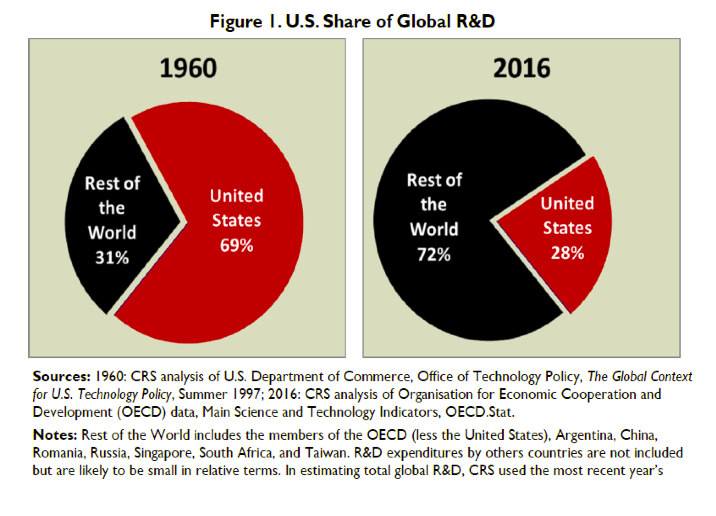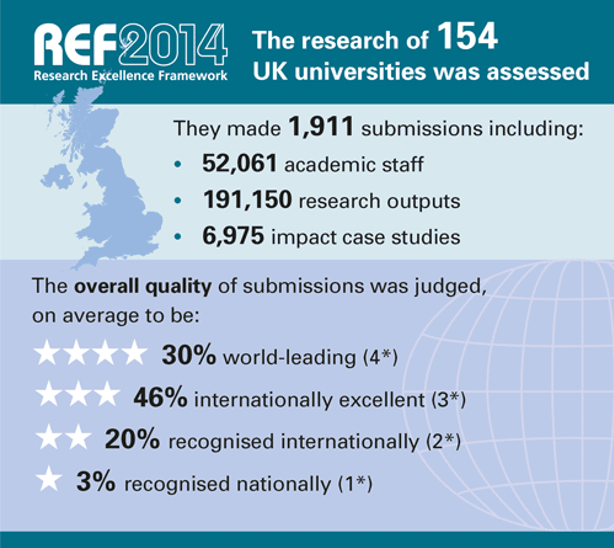Creating Global Studies Knowledge amidst Biased and Entrenched Systems of Academic Publishing
archive


University of the Witwatersrand, Johannesburg, South Africa
Creating Global Studies Knowledge amidst Biased and Entrenched Systems of Academic Publishing
Global Studies, perhaps more than other fields, requires broad access to published scholarly literature that is inclusive of as many voices and perspectives as possible. One cannot engage in global studies research if their perspective and the perspectives other scholars in the field come from the same source. For this reason, access to knowledge and access to the means to produce and publish knowledge are critical issues for the Global Studies community. This issue revolves around who gets to produce knowledge and by what means. As Zaheer Baber noted, “the dominant pattern of knowledge production continues to reflect a very stratified, hierarchical division of intellectual labour that does not adequately convey the realities of globalization” (2003, p. 616).
In academic circles there is a lot of discussion about the need for open-access to scholarly literature. It is an economic and social justice issue. It is also a matter of ensuring a diversity perspectives within the scholarly record. Open-access debates focus most often on providing readers with access to published literature and finding ways in which to limit or eliminate paywalls that prevent institutions, organizations, and individuals from having unfettered access to the scholarly literature that is important to improving decision making, forming policy, and further advancing knowledge. Anyone who has attempted to access scholarly literature from institutions that can’t afford subscriptions to large full-text databases, electronic journals, and e-book packages knows that lack of access creates barriers to knowledge production which range from limiting collaboration across boundaries, to prohibiting scholars from citing appropriate literature, to impeding awareness of recent trends in scholarship and research within a given field of study. Access to knowledge among scholars in large and well-funded research universities is a privilege that enables a pace and scale of academic productivity not possible for those who must go without. Scholars from “Western” institutions or the global North are privileged in regards to access to the means of knowledge production and publishing.
Privilege and bias within the knowledge production process is an issue I discussed with my during this spring’s graduate seminar, Perspectives on Global Studies, at the University of Illinois. In a course focused primarily on understanding methodological and epistemological approaches to global studies, students reacted strongly to the idea of bias within the peer review system and how such bias clouds the very idea of doing Global Studies research. Two readings in particular brought to light problems that pose particularly daunting challenges to a unit of analysis that claims to be “global.”
These readings are Mohammed Bamyeh’s chapter “Global Epistemology” from the Oxford Handbook of Global Studiesand Fran Collyer’s 2018 “Global patterns in the publishing of academic knowledge: global North, global South.” Bamyeh ponders the useful question of whether or not a global epistemology can exist and discusses problems of perspective. Both Bamyeh and Collyer point to the myopia generated by what Bemyeh describes as the hegemony of Western knowledge and Collyer demonstrates as internal bias within academic peer review publishing. Collyer specifically exposes how economic structures of inequality are reproduced with the systems of global academic knowledge production. For a self-selected group of graduate students in a Global Studies course the prospect of entering academia and somehow reinforcing structures of inequality and racial bias was troubling, and one that students actively discussed and grappled with throughout the semester.
[A]ccess to knowledge and access to the means to produce and publish knowledge are critical issues for the Global Studies community.
Collyer provides striking evidence of bias toward the global North in both citation patterns and acceptance rates of scholars, which impacts the way in which knowledge is transferred around the world (Collyer, 2018). The problem of unequal access to publishing opportunities and the often one-way flow of knowledge and techniques should be of great concern to global studies scholars and organizations. The recent COPE study on issues in publication ethics documents the extent to which journal editors across the humanities and social sciences are aware of the issue of inclusivity in academic publishing. In a survey of over 650 editors, 64% report “problems” of language (i.e. English) and writing quality as barriers to inclusivity. In addition, 55% of editors struggle to recognize and deal with bias in peer review. As Collyer notes, reviewers are known to discount, reject, or refuse to review manuscripts that focus on regionally centered topics or emanate from scholars in the global South. Within the field of Global Studies, the perspectives and geographies of knowledge that are excluded from academic discourse should be troubling given that these limits exclude much of the “global” we aim to include in our unit of analysis. The problem of access to scholarly publishing opportunities challenges the very idea of Global Studies.
The economics of research and the existing power structures that impact scholarship also play a significant role in the production of knowledge on a global scale. From the perspective of one of the world’s largest research funders, the US Government, there are clear shifts in funding for what is termed Global R&D. As the below figure from the US Congressional Research Service shows, the US share of R&D is shrinking as “rest of the world” contributes more to research and development than it did sixty years ago. What is telling, however, is how small the “rest of the world” really is in terms of R&D, encompassing only about 40 nations.

At the same time that more nations are investing in research, the incentives for publication preferences a hierarchy of publishing and encourages scholars to submit to journals published by large transnational publishers. For example, in South Africa and other countries that adopted the UK’s Research Excellence Framework to evaluate national and institutional research outputs, scholars were incentivized and rewarded for publishing in journals included in citation indexing products owned by large companies such as Clarivate (Web of Science) and Elsevier (Scopus). These trends reinforce existing paradigms for publishing and knowledge production, and often force scholars to publish on topics and in formats deemed appropriate for international impact by editorial boards that strive to remain in the exclusive realm of journal lists.
Practices and policies that reinforce what can be considered a hegemonic system of scholarly knowledge production are being countered by the open access movement and the advent of article repositories that attempt to create what Collyer calls “transnational circuits of knowledge.” These circuits try to circumvent the dominance of the English language and the Western publishing industry to provide novel publishing and discovery systems which allow scholars to contribute their research in ways that reflect both quality and the scholar’s epistemological and methodological goals. For example, the SciELO database promotes open access to social science literature and journals from across Latin America, providing analytical and bibliometric tools to allow scholars to measure impact and output without relying on Scopus and Web of Science. At a national level, many countries are now supporting institutional and national level repositories aimed at promoting local knowledge production and research dissemination. These efforts broaden access to published knowledge while creating new knowledge networks that can be seen as positive alternatives to Western hegemonic publishing models. Yet regrettably, these initiatives also run the risk of fragmenting domains of research and patterns of circulation.

Figure 2. UK university research excellence standing in 2014
Although the wide arc of history, entrenched processes, and difficult-to-surmount economic issues contribute greatly to unequal access and representation within academic publishing, there are certainly countervailing trends in which the Global Studies community should be involved. Editorial boards are increasingly striving to implement policies that will limit bias from within the peer review process. Novel circuits of knowledge and technologies for publishing allow scholarly groups to build new systems for publishing and accessing knowledge. The Global Studies community similarly needs to strive towards new processes and models of scholarly publishing that will enable the field to grow and establish global epistemologies that are in dialogue with scholars around the world. As Bamyeh concludes in his essay, “a global epistemology must be a humane epistemology, in which those who are presumably subject to large forces are allowed to speak and express how they themselves live, know, learn, and grow, and not simply how they suffer” (p. 197). In order to achieve such epistemologies, we need mechanisms that will better enable a diversity of scholars to publish and share what they know and learn.
Baber, Z. (2003). Provincial universalism: The landscape of knowledge production in an era of globalization. Current Sociology, 51(6), 615-623.
Bamyeh, M. A. (2018). “Global Epistemology” in Jurgensmeyer, Sassen, Steger, Faessel eds. The Oxford Handbook of Global Studies. London: Oxford University Press.
Committee on Publication Ethics (2019) Exploring publication ethics in the arts, humanities, and social sciences: A COPE study 2019. 1 August. DOI: 10.24318/cope.2019.4.1.
Collyer FM (2018) Global patterns in the publishing of academic knowledge: Global North, global South. Current Sociology 66(1). 56–73. DOI: 10.1177/0011392116680020.
Esperanto for Scientific Papers and Abstracts. Nature 141, 1007 (1938). https://doi.org/10.1038/1411007b0



